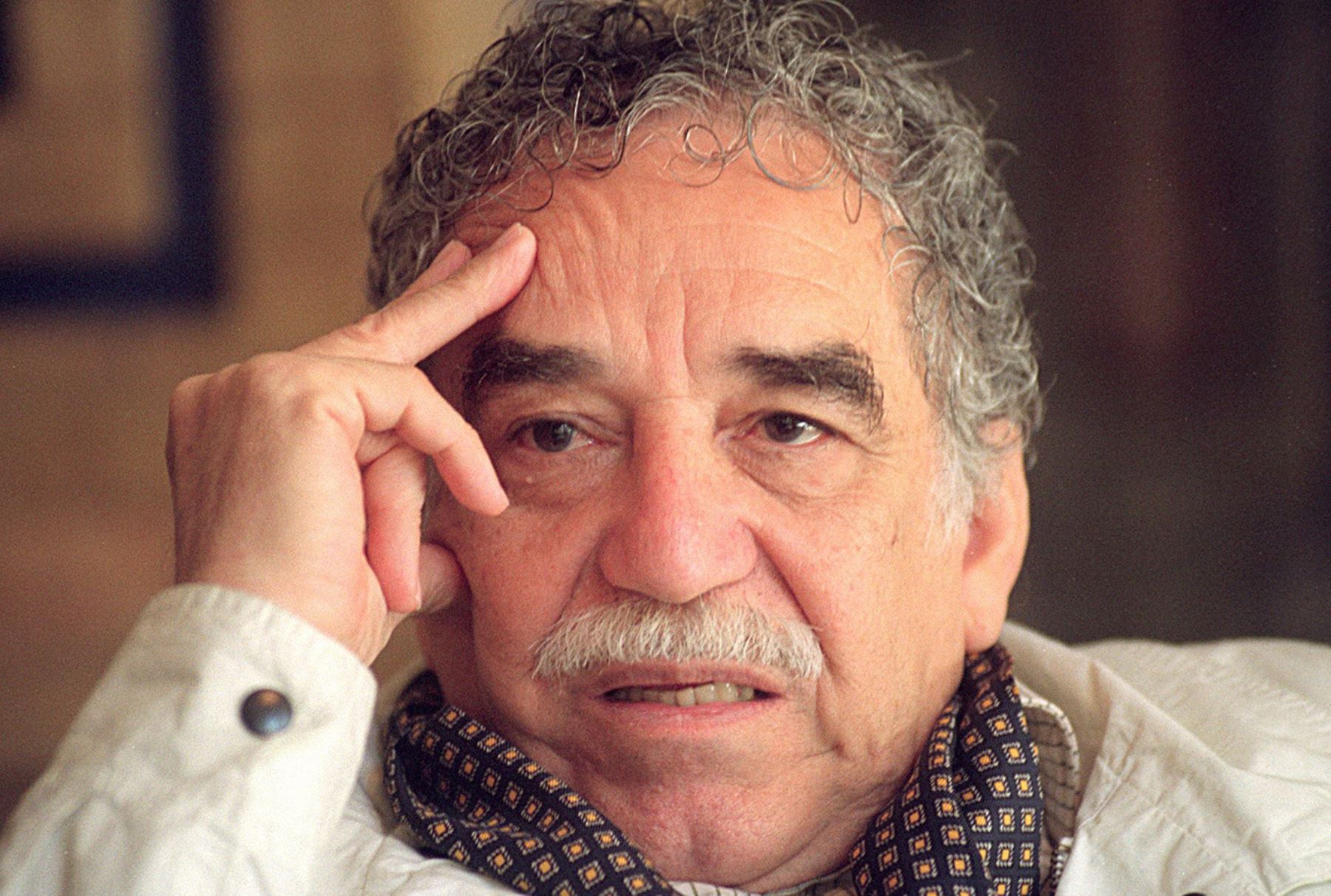


SHERMAN: That's true of most theatrical productions, that people create their own family, create their own world. SIMON: Correct me if I'm wrong, but I had the impression that each and every company that you profile, when they try the play, that company becomes kind of their own small town. It goes from the very specific to the cosmic. And the final parts of the address are the universe, the mind of God. At the end of Act I, George Gibbs' sister Rebecca talks about a letter that a friend of hers got that starts with the local address. It's this little dewdrop of a town, but it's also the universe. SIMON: I'm struck by something Michael McKean, the actor, told you, who was in David Cromer's acclaimed production that began in Chicago. So the story was, how did each production find its way to that common message? And the different ways people find to "Our Town" are quite remarkable at times. Thornton Wilder wasn't shy about making very clear what the message of this play was. SHERMAN: Ultimately, "Our Town" always brings people to the same place. SIMON: What was the story you set out to find in all these different productions?

Howard, thanks so much for being with us. columnist for The Stage newspaper, has interviewed more than 100 artists who have appeared in all kinds of productions since 2000 - his book, "Another Day's Begun: Our Town In The 21st Century" (ph). Howard Sherman, who's been director of the American Theatre Wing, theater manager, U.S. As the playwright once said in a handwritten note, it's a play in which each life, even though it appears to be a repetition among millions, can be felt to be inestimably precious. SIMON: Since it debuted in 1938, "Our Town" has been performed by actors across a full range of diversity. Only this one is straining away, straining away all the time trying to make something of itself. NEWMAN: (As Stage Manager) You know, scholars haven't settled the matter yet, but they seem to think that there are no living beings up there, just chalk and fire. SIMON: In more ordinary times, the story - just another day in a small New England town told on an almost bare set - is probably performed every few weeks somewhere - high schools, small-town church and community theaters, urban avant-garde black box stages, and every few years, another big-name Broadway revival, like this one with Paul Newman as the Stage Manager in 2003.

PAUL NEWMAN: (As Stage Manager) Most everyone's asleep in Grover's Corners. Thornton Wilder's "Our Town" may be the best known, most widely produced and deceptively simple of American plays.


 0 kommentar(er)
0 kommentar(er)
